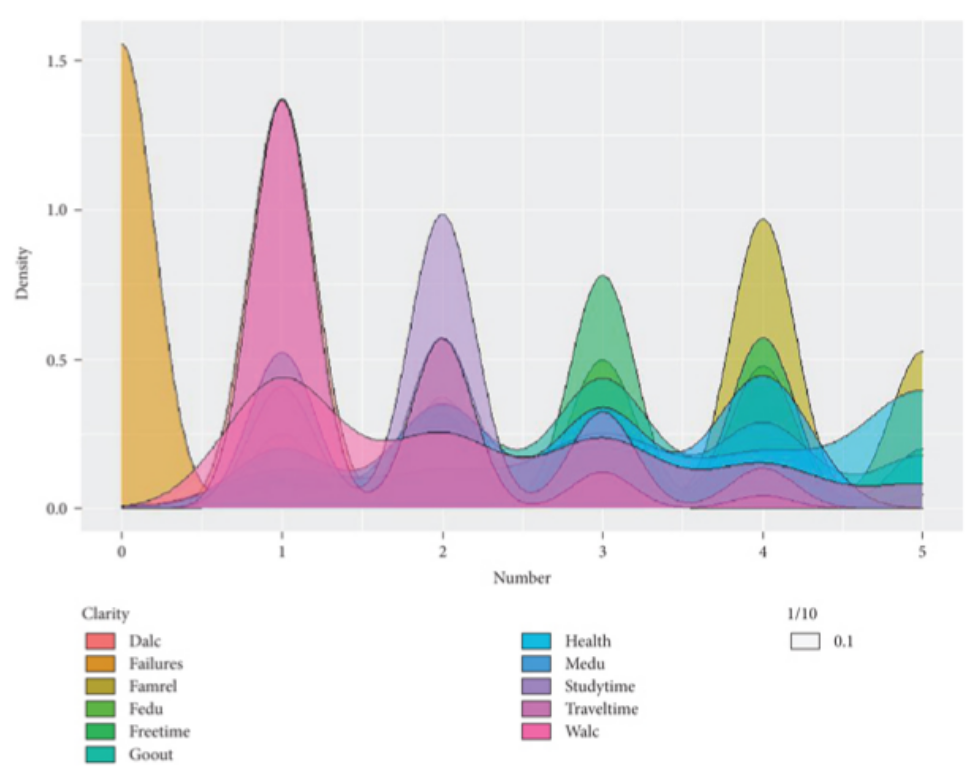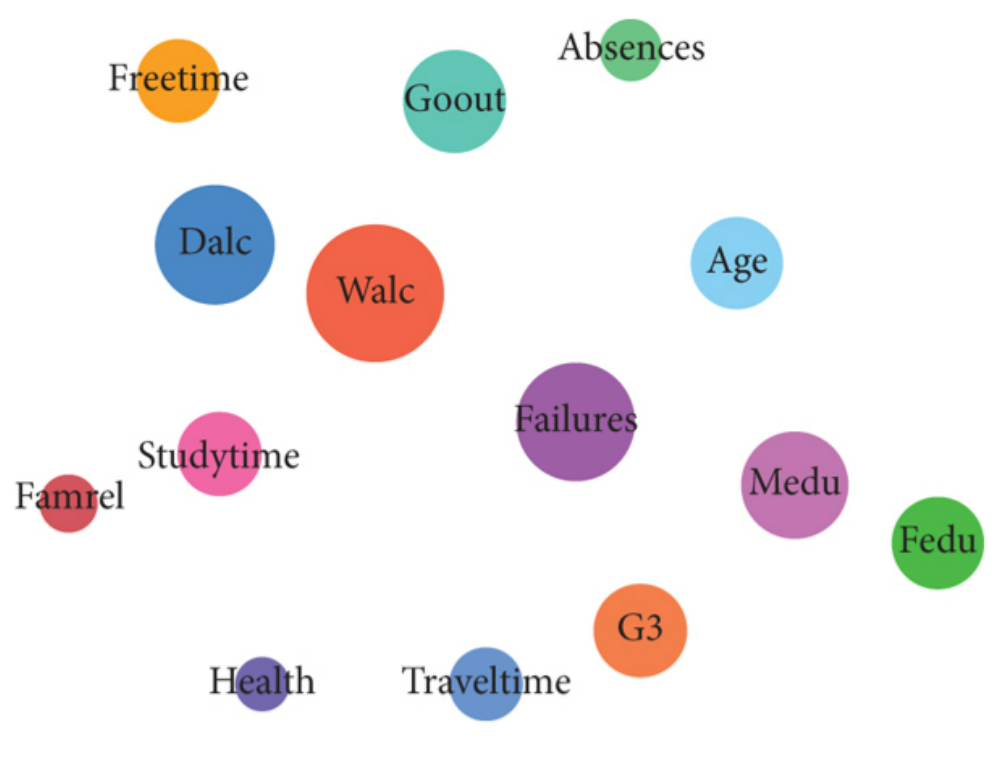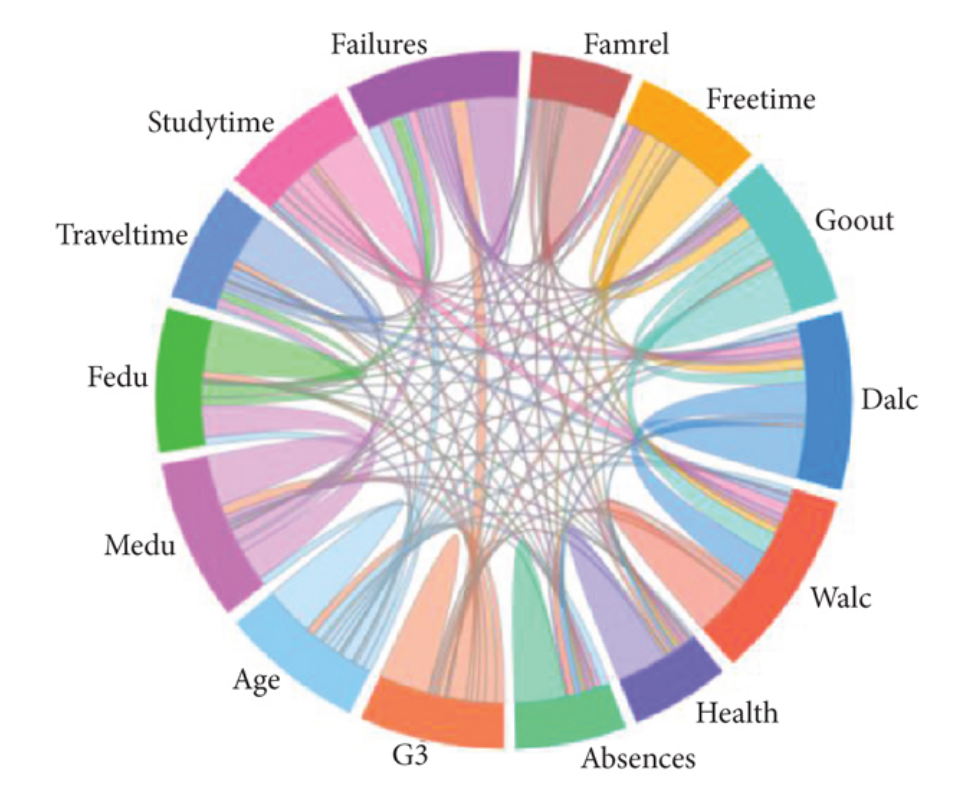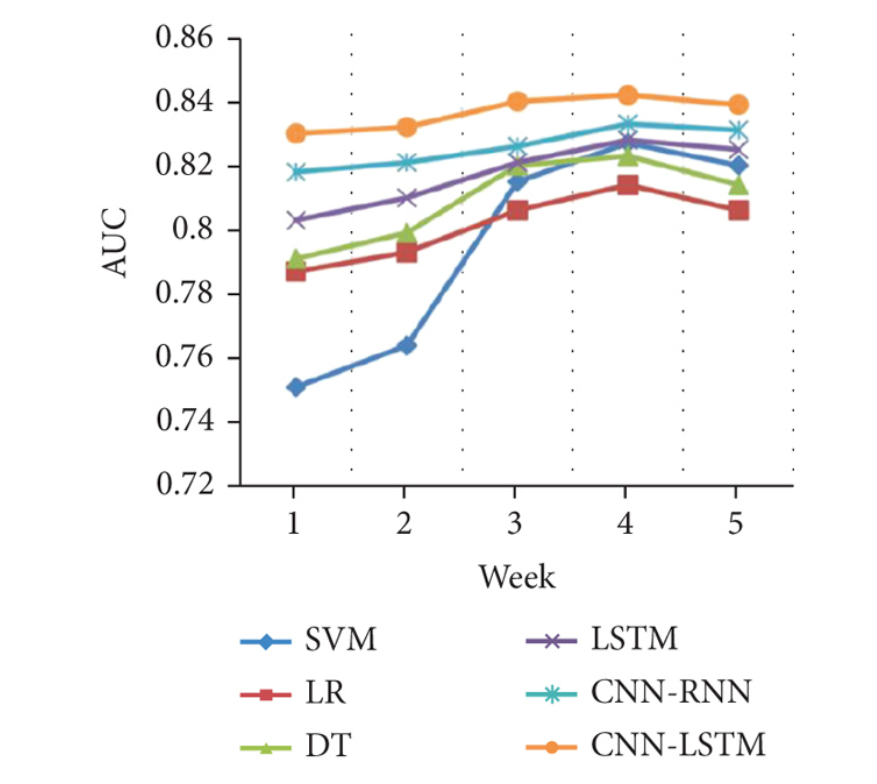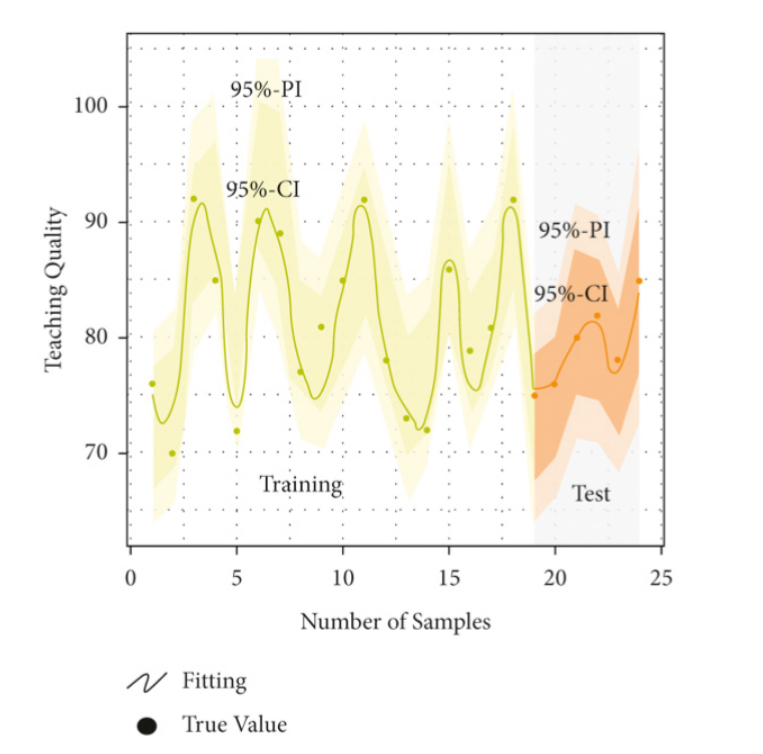 An open access journal
An open access journal
Subaltern Voices: A Postcolonial Feminist Reading of Beatrice in Purple Hibiscus
Abstract
“Can the Subaltern Speak?” is a central issue in Spivak's postcolonial feminist theory and a broader question awaiting exploration. In postcolonial Nigeria, the subaltern women suffered dual oppression from British colonial culture and indigenous patriarchal structures. This paper adopts Spivak's postcolonial feminist perspective to analyze Chimamanda Ngozi Adichie's Purple Hibiscus, focusing on the female character Beatrice. It delves into the oppression and resistance of subaltern women as depicted in the novel, highlighting the plight of Third World subaltern women and their inability to speak. The study argues that, in the face of this voicelessness, Adichie assumes the role of a spokesperson for the subaltern, actively engaging in dialogue with history. Through her work, she seeks to re-present the voices of subaltern women, showcasing her efforts to advocate for the Third World women.
Share and Cite
Article Metrics
References
- Adichie, Chimamanda Ngozi. Purple Hibiscus. London: Forth Estate, 2003.
- ---. We Should All Be Feminists. Vintage, 2014.
- Ann, Ibeku I. “Adichie’s Purple Hibiscus and the issue of feminism in African novel.” Journal of Literature and Art Studies vol. 5, no.6, 2015, pp. 426-437.
- Azuike, M.A. “Women’s Struggle and Independence in Adichie’s Purple Hibiscus and Half of a Yellow Sun.” African Research Review, 2009, vol.3, no.4, pp. 79-91.
- Azumurana, Solomon. “Freud, Lacan and Adichie’s Aesthetics: Familial and Filial Generated Psychological Complexes in Purple Hibiscus.” Lagos Review of English Studies, 2012, vol.17, no.1, pp.131-145.
- Hooks, Bell. Talking back: Thinking feminist, thinking black. South End Press, 1989.
- Lyons, Barry J. “Discipline and the Arts of Domination: Ritual of Respect in Chimborazo, Ecuador”. Cultural Anthropology vol. 20, no.1, 2005, pp. 97-127.
- Moore-Gilbert, Bart, et al. Postcolonial Criticism. London and New York: Longman,
- Moraga, Cherríe. “Refugees of a world on fire: Foreword to the second edition.” This bridge called my back: Writings by radical women of color 2, 1983.
- Nwokocha, Sandra. “Subversive Responses to Oppression in Chimamanda Ngozi Adichie’s Purple Hibiscus.” The Journal of Commonwealth Literature vol.54, no.3, 2019, pp. 367-383.
- Ohale, Christine N. “The perpetuation of injustice against women: Reflections on widowhood practices in Africa and the task of the writer in challenging the status quo.” Forum on Public Policy: A Journal of the Oxford Round Table. Forum on Public Policy, 2012.
- Oyěwùmí, Oyèrónkẹ́. The invention of women: Making an African sense of western gender discourses. U of Minnesota Press, 1997.
- Spivak, Gayatri Chakravorty. “Can the subaltern speak?” Marxism and the Interpretation of Culture. London: MacMillan 1988, pp. 271-313.1997.
- ---. A Critique of Postcolonial Reason: Toward a History of the Vanishing Present. Cambridge, Massachusetts, London, England: Harvard University Press, 1999.
- ---. “French feminism in an international frame.” In other worlds. Routledge, 2012. pp.184-211.
- ---. In Other Worlds. New York: Methuen, 1987.
- Cao Li. The Political and Ethical Choices of Postcolonial Criticism: A Case Study of Spivak [J]. Foreign Literature Studies, 03(2006): 23-31.
- Du Lanlan. On the Representation of Subordinate Women [J]. Foreign Literature, 06(2006): 78-83.
- Lin Shuming. The Complex Entanglement between Gender Consciousness and Ethnic Politics: Postcolonial Feminist Literary Criticism [J]. Foreign Literature Studies, 03(2002) : 14-21.
- Liu Xiangyu, Luo Gang. Postcolonialist Cultural Theory [M]. China Social Sciences Press, 1994.

